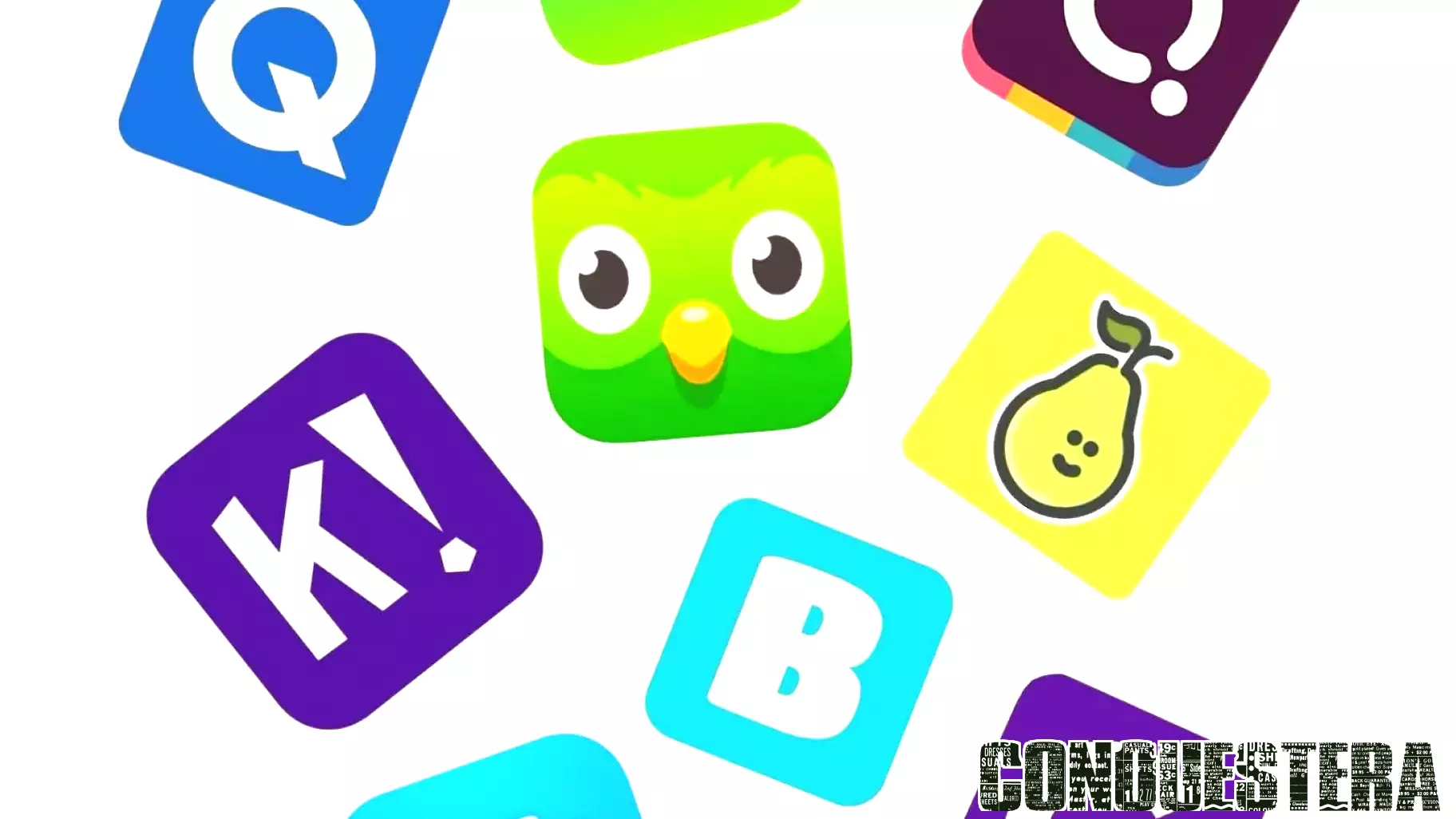April 16, 2025 - 08:42

Gaming can be a fun pastime for many students. After a long day of classes and exhausting exams, having the chance to unwind with popular titles such as Minecraft, Animal Crossing, or the new multiplayer game R.E.P.O. provides a welcome escape. This affinity for gaming has prompted educators to explore the potential of video games as educational tools, leading to increased student engagement in the classroom.
By incorporating game mechanics into learning, educators can create an interactive environment that captures students' attention and motivates them to participate actively. Games encourage problem-solving, teamwork, and critical thinking, skills essential for academic success and future careers. Moreover, the immersive nature of gaming allows students to explore complex subjects in a fun and engaging way, making learning feel less like a chore and more like an adventure.
As schools continue to adapt to the changing landscape of education, the integration of gaming into curricula may serve as a key strategy to foster a more dynamic and participatory learning experience for students.



